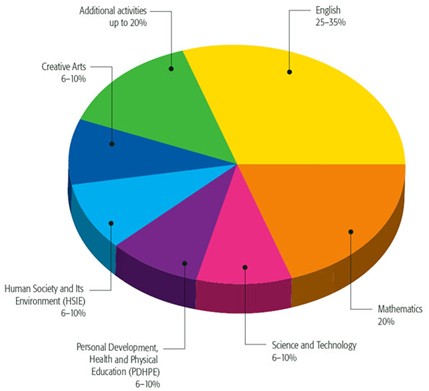At Coogee Public School, the reporting process includes:
- Parent/Teacher Information Sessions – Term 1
- Parent/Teacher Interviews (Kindergarten) – Term 1
- Half Yearly Report
- Parent/Teacher Interviews (Stage 1-3) – Term 2
- End of Year Report
The school welcomes parental involvement and feedback. Teachers are always willing to discuss any concerns a parent may have about his/her child's performance.
School Reports
This report indicates your child's achievements in the Key Learning Areas of the NSW Curriculum. Student reports also provide information about your child's social development within this school over a semester.
Performance Scale
Outstanding Achievement
The student has an extensive knowledge and understanding of the content and can readily apply this knowledge. In addition, the student has achieved a very high level of competence in the processes and skills and can apply these to new situations.
High Achievement
The student has a thorough knowledge and understanding of the content and a high level of competence. In addition, the student is able to apply this knowledge and skills to most situations.
Sound Achievement
The student has a sound knowledge and understanding of the main areas of content and has achieved an adequate level of competence in the processes and skills.
Basic Achievement
The student has a basic knowledge and understanding of the content and has achieved a limited level of competence in the processes and skills.
Limited Achievement
The student has elementary knowledge and understanding in a few areas of content and has achieved a very limited competence in some processes and skills.
External Assessments
National Assessment Program (NAPLAN) are undertaken by the Year 3 and 5 classes to assess each student's skills in literacy and numeracy.
Primary students may also sit for the University of New South Wales tests in English, Mathematics, Computing, Creative Writing and Science.



